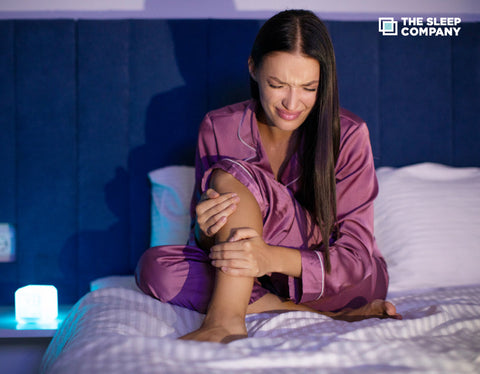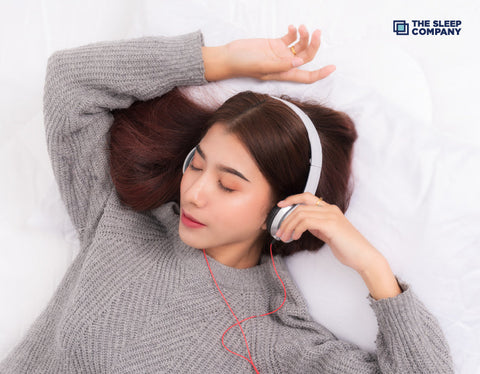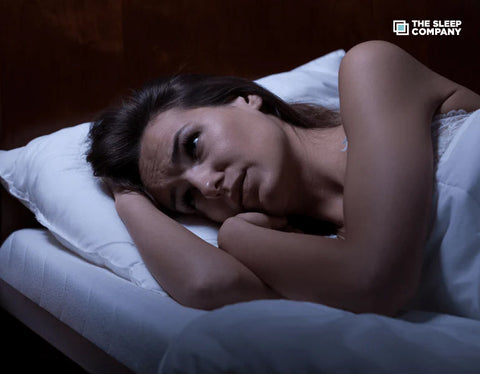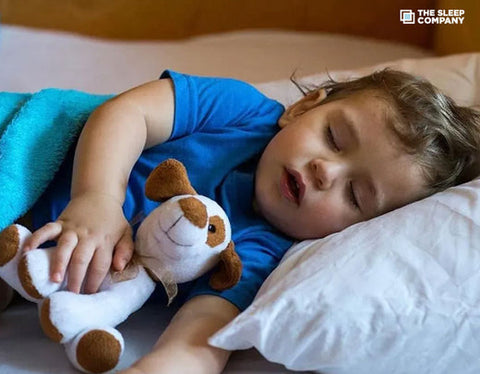My Cart
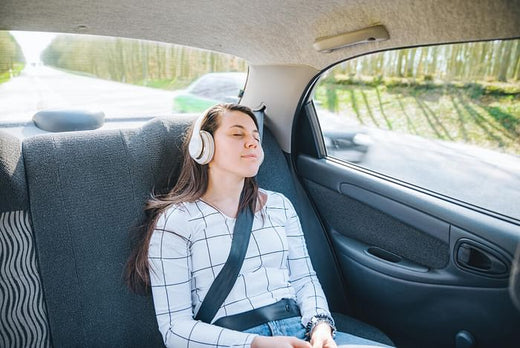
How does Music Help You Sleep Better?


Sleep has a significant impact on our thoughts and feelings. It, therefore, comes as no surprise that recent research has discovered a connection between listening to music and getting sleep. According to a study, listening to music can be a good substitute for sleeping pills for people who have stress conditions that cause sleeplessness. But how might music be used to promote sleep? Read further to know more.
What makes music a sleep aid?

Lack of sleep affects a large number of people worldwide and can lead to a number of health issues. However, is there a chance that something so everyday as music holds the key to curing some types of insomnia?
According to scientific research, listening to music at least 45 minutes before bedtime promotes a restful and tranquil sleep. As a result, you can awaken the next morning feeling rested and prepared to take on the responsibilities of the day.
Research has shown that music has a direct effect on the parasympathetic nervous system, which helps the brain get ready for sleep and relaxation. Researchers came to the conclusion that music has the power to reduce blood pressure, relax your muscles, and slow down your heart rate and respiration. These metabolic alterations create the ideal environment for you to fall asleep peacefully.
White noise or music can be used at night to block out other environmental disturbances that might be preventing you from falling asleep. If you live in a busy area or your partner snores, for example, you might appreciate listening to music to cover up these sounds and prevent them from waking you up.
There is one more aspect of creating a peaceful ideal environment for sleep. Your mattress plays an essential role in that. A supportive mattress can make a huge difference in your sleep environment and can instantly turn a sleepless night into a peaceful one. Buy mattress online to enjoy extra perks such as hassle-free delivery and a plethora of choices while selecting a mattress.
The advantages of listening to music before bed
There are numerous drugs and sleep aids available. Many sleep drugs, meanwhile, have unpleasant side effects that some individuals actually find worse than their sleeplessness. Sleep aids frequently cause drowsiness the next day, which can affect a person’s productivity at work and other everyday tasks. Due to its lack of adverse effects and lack of habit-forming properties, music is an excellent substitute. In comparison to other insomnia therapies, music is also affordable and accessible. As a result, you have nothing to lose by trying it.
The ideal music for falling asleep?
Make sure the music you choose is something you enjoy. There isn’t a type of sleep music that works for everyone. It is doubtful that music that you dislike will make you feel comfortable. Decide on songs that you like first.
The finest musical genres to pick are those with a consistent tempo and slower tempo. According to research, the finest genres to choose for a bedtime tune are jazz, folk, and classical music. Particularly, it was discovered that music including piano, violins, and bells helped people go asleep. According to research, relaxing music with a rhythmic pace between 60 and 80 BPM is ideal for falling asleep. This is why classical music is the popular option.
Another consideration is how loud your music is. Soft music enhances both the quality and amount of sleep, according to studies. So reduce the loudness to promote relaxation.
Make an effort to avoid having lengthy gaps between the tracks in your music. You can be awakened by a new music because of this. The best music is continuous. For this reason, the majority of speciality sleep CDs or downloads will include nonstop music. You might be able to modify the settings on your media player if you are using your own music.
It’s important to keep listening to music. After one night, the calming effect might not be as noticeable. By using it frequently, you can create a connection between a certain piece of music and falling asleep, which will make it operate better and more quickly every night.
Do you require headphones for sleep?
Sleeping with headphones also known as earbuds can be difficult, uncomfortable, and even deadly. Large over-ear headphones only allow you to sleep on your back, and wearing in-ear earbuds for an extended period of time might cause wax build-up and ear canal pain. Sleeping in is the only use for which sleep headphones are intended. They are frequently cordless and soft, cosy, and flexible.
There are two ways that sleep headphones can help with insomnia:
Silencing background noise
There are occasionally disturbances in our sleeping surroundings that we have no control over. These noises can be caused by loud neighbours, nearby wildlife, traffic, a companion who snores, or anything else. It’s time to make a change if these noises prevent you from falling asleep or if they wake you up during the night.
Playing calming, sleep-inducing music
You can listen to a variety of items that are specifically made to put you to sleep. Classical music is a well-liked conventional choice, as was already mentioned. There are also a number of new age alternatives that can aid in falling asleep, including binaural beats, delta waves, and guided meditation. Please be aware that binaural beats only function when using stereo headphones because they deliver a separate sound into each ear.































